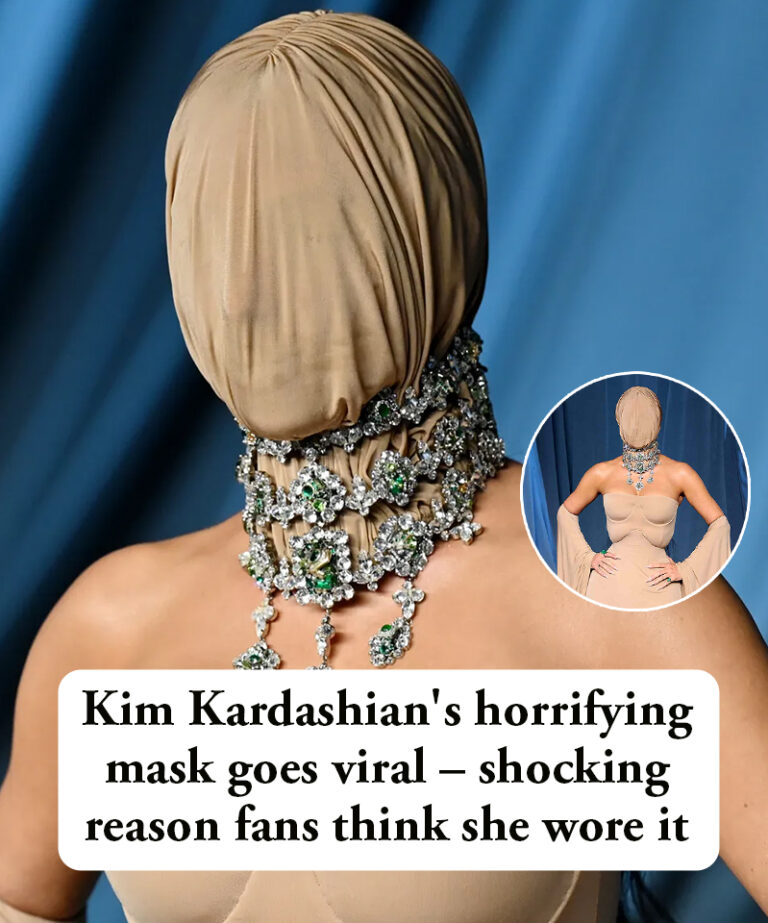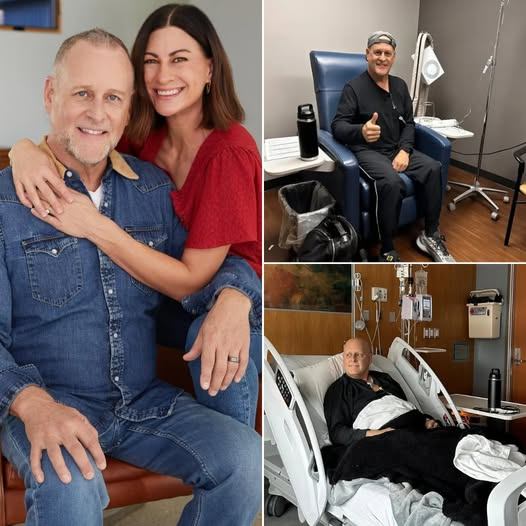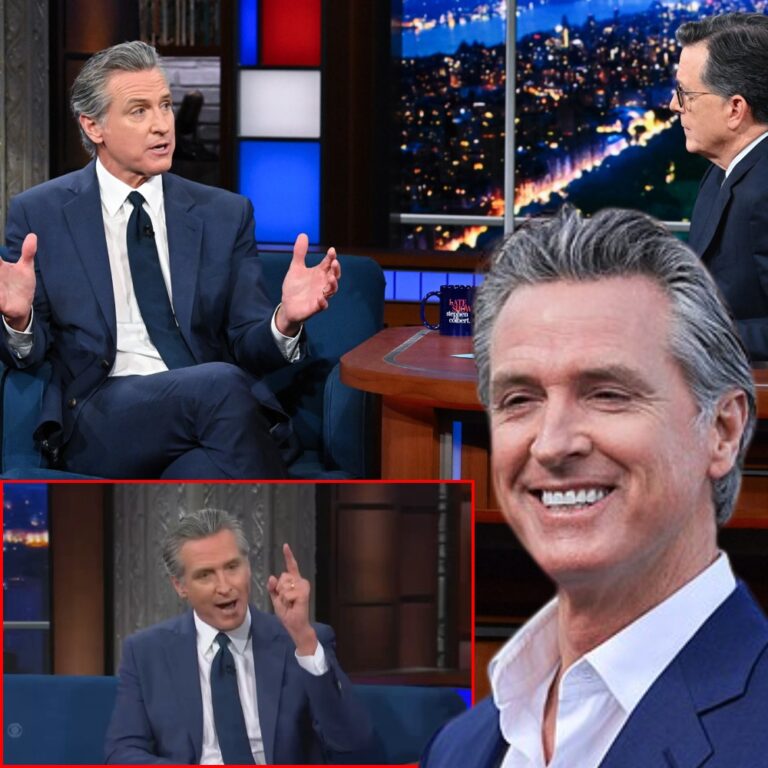It had become a part of my routine, just like brushing my teeth or packing my books. I knew when the final bell rang, it wouldn’t be long before they were waiting. Liam, Trent, and Wes—three variations of the same kind of cruel. They were always near the east gate, where the teachers couldn’t see. I didn’t even bother trying to avoid them anymore. I guess part of me believed that if I acted like it didn’t bother me, maybe they’d get bored. They never did.
Today, they knocked my lunchbox out of my hands, smearing peanut butter and jelly across the sidewalk. Then they laughed like it was a comedy special and walked away, high-fiving each other.
Sometimes he’d grunt. Sometimes he’d laugh.
Eventually, I asked his name.
“People call me Goose,” he said with a shrug. “Used to be worse.”
I laughed harder than I had in weeks.
Days turned into weeks. Goose became part of my routine, like the bullying used to be. Except now, things were different. The boys never came back. I think Goose had spooked them so badly they’d rather risk detention than go near me. Even teachers started to notice. One of them asked if that “man on the bike” was my uncle.
“I guess,” I said. “Something like that.”
But I couldn’t stop thinking about what he’d said—about my dad.
One afternoon, I brought it up again. “You said you made a promise to him. Before he died. What kind of promise?”
Goose hesitated. For the first time, he looked unsure. Then he pulled out the same photo. This time, he let me hold it. The boy who looked like me? That was my dad.
“We were fourteen. Ran away from a group home in Akron. Lived on stolen cans of ravioli and dreams of building bikes.”
I blinked. “My dad never told me that.”
“He wouldn’t. Gabe wanted to leave that behind. He got fostered by a great couple. I didn’t. Spent more time in juvie than school.”
I handed the photo back. “So what was the promise?”
Goose rubbed the back of his neck. “He got sick. Cancer. I visited him near the end. He said—‘If anything happens to me, make sure my kid never feels alone like we did.’”
I swallowed. “He knew he was dying?”
“Yeah,” Goose said quietly. “But he didn’t cry. Just held my hand and made me swear.”
He stood, like he always did. But before he left, he turned back.
“You’ve got more of him in you than you think. Just… don’t be afraid to let people in.”
I didn’t cry until he was gone.
Senior year came fast. So did college applications. I started tutoring underclassmen, joined the robotics club, and even stood up for a freshman who was being harassed. I figured Goose would’ve approved.
I saw him less often, but he always came back. Birthdays, holidays. Sometimes out of the blue. Sometimes just a text:
“Still got your back. – G”
Eventually, I learned to ride a motorcycle too.
Last summer, I rode with him to a bike rally upstate. It was the first time I saw Goose smile without hesitation. Said it felt like passing the torch.
That night, around a campfire, surrounded by chrome and old leather, I told the story—about the bench, the bullies, the promise.
A woman leaned over and whispered, “You’re lucky. Most people don’t get their guardian angel in real life.”
I smiled. “He’s not an angel. He’s Goose.”
So now, every May 10th—my dad’s birthday—I ride to that same school bench. I sit there for a while, even if no one shows. Just in case some kid needs to feel seen.
Because once, I was them.
And I made a promise.
If this story hit home or made you smile, give it a like or share it with someone who might need a reminder: sometimes the smallest act of kindness can echo for a lifetime.



